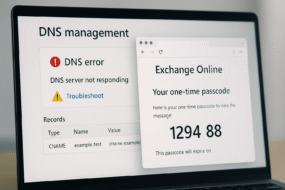In a transformative step for green technology, scientists have unveiled a novel friction-based recycling method that could redefine how we manage spent lithium-ion batteries. As the world accelerates toward electric mobility and renewable energy, finding sustainable solutions for battery disposal is more urgent than ever.
Traditional recycling processes such as pyrometallurgy and hydrometallurgy pose environmental and economic challenges, often requiring high temperatures or corrosive chemicals that lead to toxic emissions. In contrast, a new technique known as tribocatalysis presents a cleaner, safer, and more cost-effective alternative.
What is Tribocatalysis?
Tribocatalysis is a cutting-edge process that utilizes friction to trigger chemical reactions. When two materials are rubbed together, reactive species are generated, which then extract valuable metals like lithium and cobalt from spent batteries—specifically from the cathode, the heart of energy storage.
This technique operates efficiently at room temperature and requires no harmful substances, making it a game-changer in recycling. Backed by both computational simulations and lab experiments, the method has proven to recover key metals without the environmental toll associated with traditional methods.
Current Challenges in Battery Recycling
Presently, lithium battery recycling is dominated by energy- and chemical-intensive methods:
- Pyrometallurgy: Burns components to extract metals, releasing greenhouse gases.
- Hydrometallurgy: Uses chemical solvents that can emit hazardous byproducts like chlorine and nitrogen oxides.
Both require extensive post-process cleanup and contribute to pollution. In comparison, tribocatalysis dramatically reduces energy consumption and eliminates toxic emissions entirely.
Cleaner, Smarter Recycling
According to Professor Changzheng Hu of Guilin University of Technology, who led the study, tribocatalysis could usher in a new era of sustainable recycling. The technology not only conserves critical materials but also curtails industrial waste and pollution—key concerns as battery demand soars globally.
A Step Toward a Greener Tomorrow
With electric vehicles, smartphones, and energy storage systems becoming ubiquitous, efficient battery recycling is no longer optional—it’s essential. Tribocatalysis addresses this challenge head-on by offering an environmentally friendly and scalable solution.
The research, published in the Journal of Advanced Ceramics, signals a major leap forward for the circular economy of batteries. As industries and governments strive for carbon neutrality, this innovative recycling method could be pivotal in achieving cleaner energy futures.
















